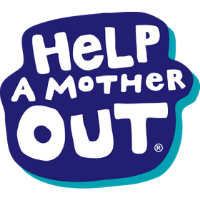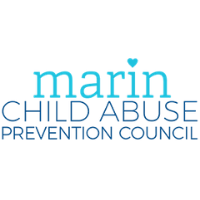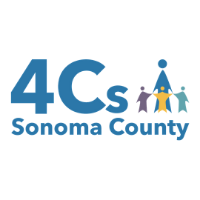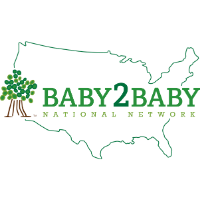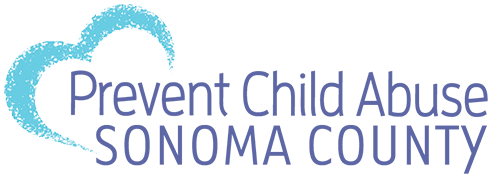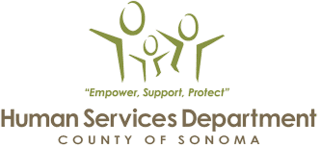
May is Mental Health Awareness Month, and it’s also the time of year when we celebrate our mothers, grandmas, aunties, and other mother figures. Any parent knows how fulfilling, demanding, challenging, stressful, and beautiful parenting is. Mothers especially feel they need to have all the answers, be ready to handle anything at a moment’s notice, balance multiple demands and schedules, work, find time for their partner AND raise happy, resilient kids — often intuitively or without any additional support. But trying to be everything to everyone at the expense of our own mental wellness is not healthy or sustainable. So if you’re a mom or mother figure, remember that your mental health matters!
Dear CPI,
I’ve been so focused on my children’s mental and emotional well-being during COVID that I’ve completely neglected my own needs. I was never good at prioritizing self-care before COVID, and now I’m even worse. I alternate between doing a million things at once for work, my kids, my family and then being so stressed and burned out that I can’t do anything except binge watch TV. I feel guilty that I’m not setting a good example for my kids, but I can’t seem to get off this see-saw. Help!
- Jenna
Dear Jenna,
I’m sure many parents and caregivers are familiar with that see-saw. Raising children and teens is a non-stop job that’s rewarding but also exhausting. The constant uncertainty and changes during the pandemic has made parenting even more challenging. This is why “taking care of yourself” is one of the core principles of positive parenting in the Triple P program. It’s easier said than done, but here are some tips to try:
Allow yourself to slow down. Practice saying “no” to extra commitments if you can. And don’t feel guilty about taking time to rest and watch TV, or doing something else that helps you relax. If you have young children who need supervision, ask your partner or another caregiver to watch them so you get a true, guilt-free break. If your kids are older and don’t need constant supervision, tell them you’re taking a mental wellness break. Talk about and agree on safe, engaging activities they will do so that you can get a guilt-free, worry-free break.
Recognize signs of stress. People feel and respond to stress in different ways. Stress is often felt as physical pain or discomfort, which can intensify mental and emotional distress, creating a cycle that is difficult to break. If you experience tense or stiff muscles, headaches, extreme emotions, difficulty sleeping, constant tiredness, problems concentrating, an upset stomach, or frequent illnesses or infections, those may be signs that your mind and body need a break. Try to notice these signs before you reach the point where you feel you can’t do anything.
Practice relaxation techniques. When you notice signs of stress, take a few slow, deep breaths. Inhale slowly through your nose, pause, then let all the air out and do it again. Or tighten the muscles in one area of your body for 10 seconds, then relax the muscles to relieve the tension. Repeat with a different area of your body, noticing how the tension and relaxation feels each time. Other relaxation techniques include art, exercising, meditating, reading, listening to music, cooking, journaling, or being in nature. Find a technique that helps you feel calm and practice it every day.
Use affirmations or coping statements. Thoughts such as, “I can’t deal with this,” or “This will never change” might feel true, but negative thinking can increase stress, anxiety, helplessness, or hopelessness and become a self-fulfilling prophecy. Instead, try replacing negative thoughts with an affirmation or coping statement, such as: I’m doing the best I can. My mental well-being is a priority. Just breathe. I can only do so much. Tomorrow is a new day.
Final Thoughts: Find self-care techniques that work for you and turn them into daily habits. Remember that taking care of yourself isn’t selfish, a weakness, or a waste of time. Nurturing your mental health will reduce the stress of parenting (and everyday life) and provide a healthy model for your children, who are developing their own tools for coping with stress.
CPI's monthly parenting article provides tips for families raising children, based on the world-renowned Triple P – Positive Parenting Program, available in Sonoma County at CPI. If you have a question or idea for a future column, please email anneb@calparents.org
This article is created by Nicole Young, the mother of two children, ages 17 and 21, who also manages Santa Cruz County's Triple P - Positive Parenting Program. Scientifically proven, Triple P is available locally through the Child Parent Institute. Our classes are listed at calparents.org/classes.



